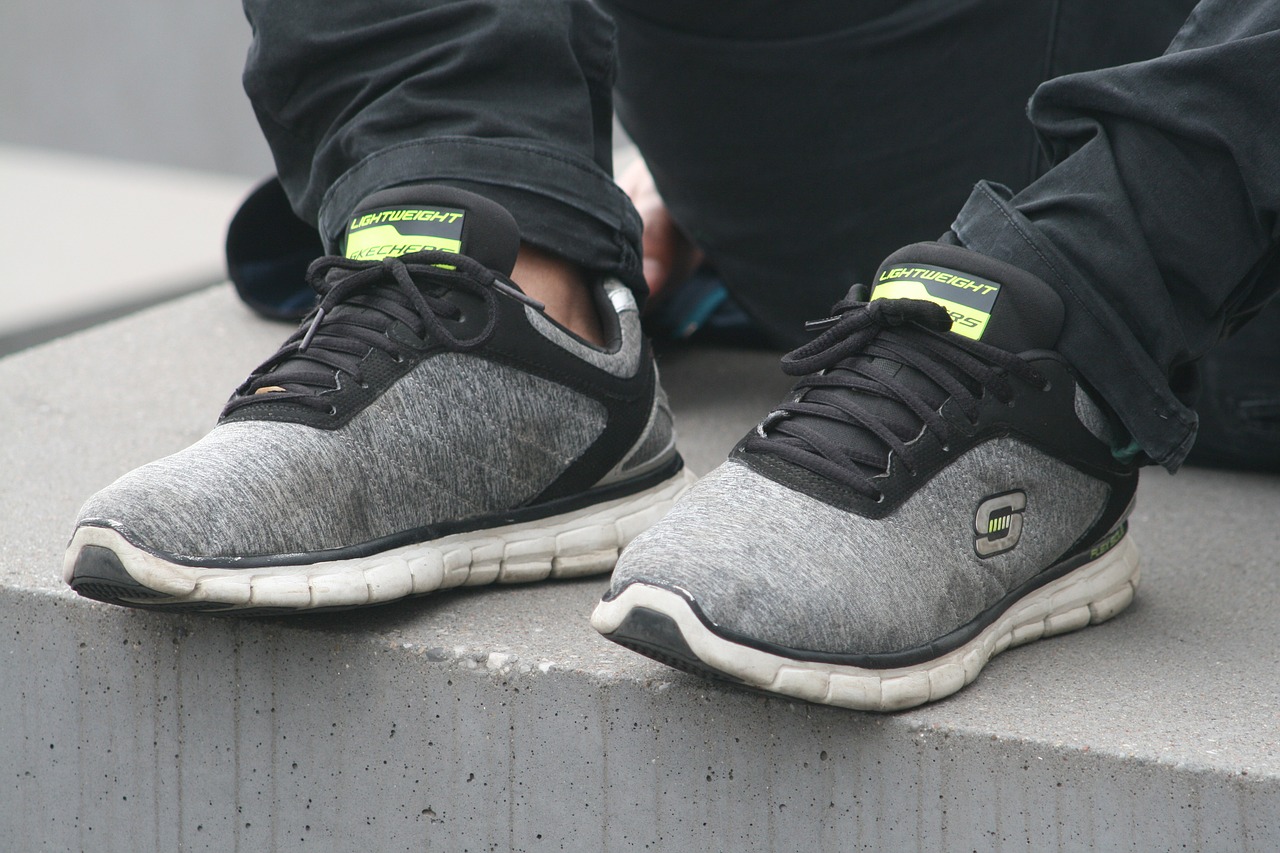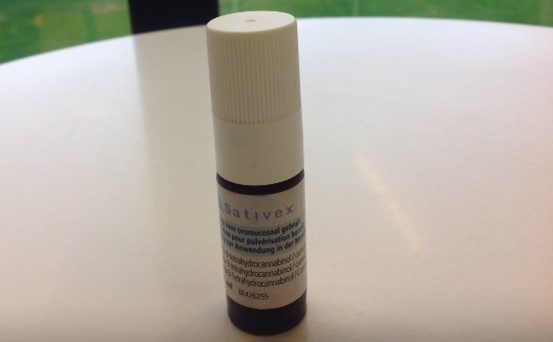There are continuing signals that the Epstein-Barr virus (EBV) is a fuel that can spark a multiple sclerosis fire.
EBV is a herpes virus that causes infectious mononucleosis, more commonly known as mono. Sometimes called the “kissing disease” because the virus that causes it is easily spread through saliva, mono causes extreme fatigue and body aches. It’s estimated that 90% of Americans are infected by EBV by the time they’re 35, but not all of them display symptoms.
A Swedish study recently reported that people who became sick with mono during childhood or adolescence increase their risk of developing multiple sclerosis as adults by two or three times. As part of the study, the researchers compared siblings who did or didn’t have mono when they were younger. The results suggested that any link between mono and MS is likely independent of family factors.
Meanwhile, a German study published last year concluded that all 901 people with MS who were part of the study had been previously infected with the Epstein-Barr virus. The researchers called the absence of any EBV-negative subjects “remarkable,” and wrote that it “further strengthens the evidence for an association between EBV infection and MS.”
An experimental EBV treatment might reduce myelin attacks
ATA188 is an experimental medication being studied to treat MS. Researchers hope it will reverse disability in people with progressive forms of the disease and may also encourage the repair of damaged nerve coatings. Interestingly, these researchers are aiming ATA188 at B-cells that are infected with EBV, causing the cells to wrongly produce the antibodies that attack the myelin sheath on the body’s nerve fibers, which results in MS symptoms.
“ATA188 has a novel mechanism of action, and our clinical program is generating new insights into how the targeting of EBV-infected B cells and plasma cells can potentially benefit people living with progressive multiple sclerosis,” AJ Joshi, chief medical officer at Atara Biotherapeutics, the company developing ATA188, said in a press release.
The search for an MS vaccine
Is there a way to inoculate someone against MS by developing an Epstein-Barr virus vaccine? Probably not, according to Kassandra Munger, a neuroepidemiologist at the Harvard T. H. Chan School of Public Health. In an interview published on the U.K. MS Society’s website, Munger said developing an EBV vaccine has proven difficult and, even if one were to be developed, its impact on MS wouldn’t be completely clear.
“We know EBV on its own isn’t enough to cause MS,” she said.
Yet there is a large amount of evidence that some sort of infectious agent plays a role in the development of MS. Perhaps the culprit will be shown to be EBV, perhaps it will be a different virus, and perhaps it will be a virus, such as EBV, interacting with other agents in the body.
But what about a vaccine that targets MS directly?
Early this year, BioNTech, one of the companies that developed a COVID-19 vaccine using mRNA technology, announced it had used that technology to create a vaccine that is effective in treating or stopping MS in lab mice.
So, I’m holding out hope that just as vaccines protect us against many serious illnesses, before too much longer a jab in the arm will be able to protect us against MS, too.
(Featured image by Michal Jarmoluk from Pixabay.)
(This post first appeared as my column on the MS News Today website.)



